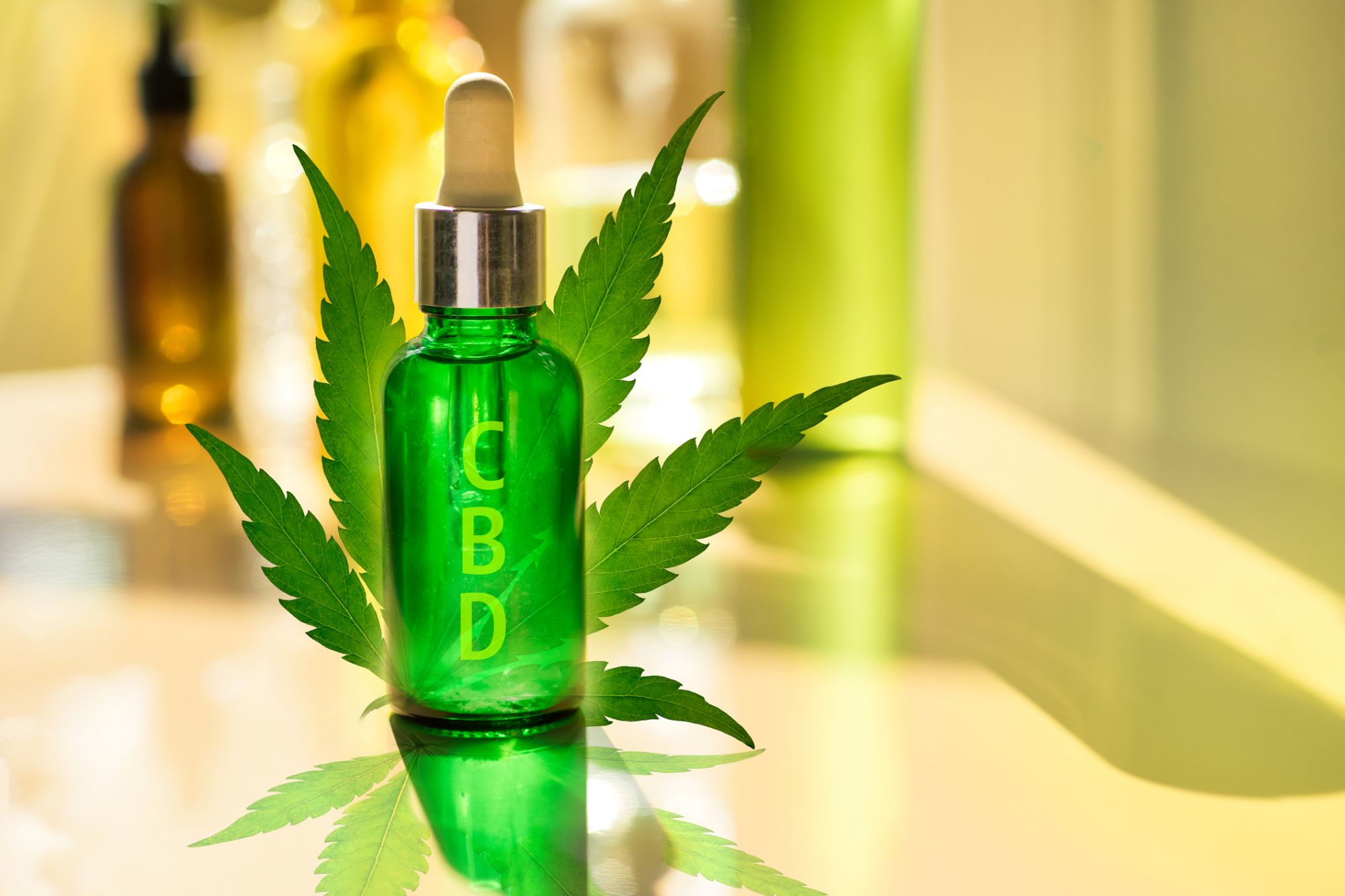recommended you read :
CBD (cannabidiol) oil and THC (tetrahydrocannabinol) are two well-known compounds discovered in the
cannabis plant. When they share a common origin, they have unique properties and effects on
the human overall body. In Canada, the legalization of cannabis for both of those health care and recreational
purposes has led to an elevated fascination in knowing the distinctions and similarities
in between CBD oil and THC.
This post aims to discover these features in detail.
Definition and Composition:
CBD Oil:
CBD oil is derived from the cannabis plant and incorporates higher stages of cannabidiol. It is usually
extracted from hemp, a wide variety of cannabis with reduced THC material. CBD oil is recognized for its non-
intoxicating houses and is typically utilized for therapeutic applications.
THC:
THC is the most important psychoactive compound discovered in hashish. It is responsible for the euphoric
and head-altering outcomes linked with cannabis use. Compared with CBD, THC is intoxicating and
can develop a "high" when consumed.
Authorized Status:
CBD Oil:
In Canada, CBD oil derived from hemp is authorized as very long as it includes considerably less than .3% THC.
These items are broadly offered and can be bought with no a prescription. CBD oil
derived from cannabis, which includes larger degrees of THC, is issue to stricter laws
and needs a prescription.
THC:
The lawful standing of THC in Canada differs dependent on its source. THC derived from cannabis
is legal for both equally professional medical and recreational use, with particular constraints and rules. Nonetheless,
THC derived from hemp is matter to the similar regulations as CBD oil and should consist of significantly less
than .3% THC.
Psychoactive Outcomes:
CBD Oil:
CBD oil is non-intoxicating and does not make a psychoactive outcome. It interacts with the
physique's endocannabinoid technique to encourage peace, cut down panic, and give ache reduction.
Numerous individuals use CBD oil for its therapeutic properties with no suffering from any cognitive
impairment.
THC:
THC is a psychoactive compound that binds to cannabinoid receptors in the mind, resulting in
the euphoric "high" frequently associated with cannabis use. The depth of the psychoactive
consequences depends on the THC focus and unique tolerance. Some persons may well
expertise relaxation and altered notion, although some others may perhaps truly feel anxiety or paranoia.
Health-related Programs:
CBD Oil:
CBD oil has gained acceptance for its potential therapeutic benefits. It is utilized to alleviate soreness,
decrease swelling, deal with stress and anxiety and despair, take care of epilepsy, and strengthen sleep top quality.
Moreover, it is staying studied for its opportunity use in treating several ailments such as many
sclerosis, Parkinson's sickness, and cancer-linked symptoms.
THC:
THC has a range of professional medical purposes as well. It is typically recommended for pain
administration, appetite stimulation, and nausea aid in cancer individuals undergoing
chemotherapy. It may possibly also be utilised to deal with signs and symptoms connected with glaucoma, various
sclerosis, and HIV/AIDS.
Facet Effects and Security:
CBD Oil:
CBD oil is generally effectively-tolerated, and critical facet outcomes are uncommon. Some persons may possibly
experience mild aspect effects these as dry mouth, drowsiness, or improvements in urge for food. It is
essential to take note that CBD oil can interact with particular remedies, so it is proposed to
check with a health care specialist prior to use.
THC:
The use of THC can direct to a number of aspect results, such as impaired coordination, memory decline,
amplified coronary heart rate, and nervousness. It may possibly also bring about short-term cognitive impairments and have an effect on
driving potential. On top of that, common and large use of THC can end result in cannabis use disorder or
habit.
Drug Tests:
CBD Oil:
Pure CBD oil merchandise that have no THC are unlikely to clearly show up on a drug examination. However,
some CBD oils may perhaps include trace quantities of THC, which might be detectable on a drug take a look at. It is
critical to look at the products's THC articles and the type of drug examination remaining applied to identify
the chance of a positive consequence.
THC:
THC can stay in the system for numerous times to weeks, depending on the frequency and volume of
use. As a consequence, it can be detected in a drug exam for a longer interval than CBD. Companies, law
enforcement agencies, and sporting activities corporations might use drug tests to detect THC use, which
can have lawful and qualified penalties.
Consumption Procedures:
CBD Oil:
CBD oil can be eaten in different techniques, together with sublingual drops, capsules, edibles, and
topical creams. Sublingual drops and capsules are the most typical procedures and are known
for their fast-performing and extensive-lasting consequences. Edibles and topical lotions offer slower onset times
and qualified relief for distinct places of the physique.
THC:
THC can be eaten by means of smoking cigarettes, vaporizing, or ingesting edibles. Smoking and
vaporizing provide quick-performing results, even though edibles supply a lengthier onset time and can final result in
more intensive and for a longer period-lasting effects. In addition, topical creams that contains THC are also
available for localized suffering relief.
Conclusion:
CBD oil and THC are two distinctive compounds discovered in the hashish plant, with distinct
attributes, effects, and purposes. Though each have possible therapeutic benefits, it is
vital to fully grasp their discrepancies and opt for the acceptable product or service for personal
requires. In Canada, the legalization of hashish has led to improved access to both of those CBD oil and
THC products and solutions, but restrictions and limits utilize. It is significant to talk to a healthcare
qualified in advance of applying any hashish-derived goods, specially if having other medicines.
Copyright ©2012 • All Rights Reserved • (225) 284-4527 • www.TigerPressureWash.com
Tiger Pressure Wash serves the following cities: Baton Rouge, Zachary, Denham Springs, Baker, Port Allen, Prairieville, Gonzales, Laplace, Hammond, St. Francisville, Clinton, Walker, Holden, Kenner, Central,along with the parishes of: East Baton Rouge Parish, West Baton Rouge Parish, Livingston Parish, West Feliciana Parish, East Feliciana Parish, Ascension Parish, St. James Parish, St. Charles Parish, Pointe Coupee Parish, Assumption Parish, Iberia Parish, St. Martin Parish, St. John the Baptist Parish, Tangipahoa Parish and Jefferson Parish.
Pressure Washing Baton Rouge is locally-owned and operated right here in Baton Rouge, LA.
